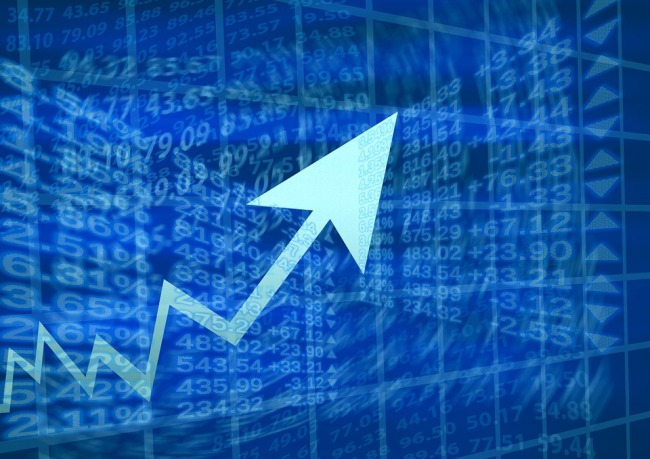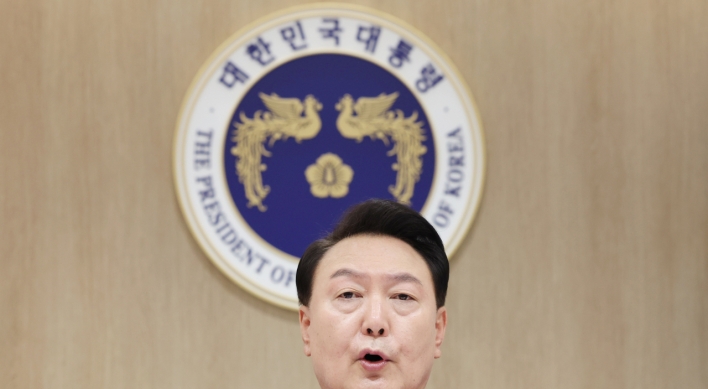S. Korean economy can meet 2.6-2.7% growth target in 2019: IMF
By YonhapPublished : March 12, 2019 - 21:39
The South Korean economy should be able to grow 2.6-2.7 percent this year if the government maintains expansionary fiscal policies, the International Monetary Fund said Tuesday.
"The government's growth target of 2.6-2.7 pct is feasible this year, provided that there is a large supplementary budget," Tarhan Feyzioglu, the head of the IMF delegation, said at a press conference held in Seoul.
The IMF mission visited Seoul to hold annual discussions with South Korean policymakers.
"The government's growth target of 2.6-2.7 pct is feasible this year, provided that there is a large supplementary budget," Tarhan Feyzioglu, the head of the IMF delegation, said at a press conference held in Seoul.
The IMF mission visited Seoul to hold annual discussions with South Korean policymakers.

The Seoul government mapped out an annual budget of 470 trillion won ($416.1 billion) for 2019, up nearly 10 percent from a year ago.
But the organization said the government should be more expansionary to meet growth targets, amid growing headwinds at home and abroad.
Feyzioglu noted that the supplementary budget should amount to 0.5 percent of the country's gross domestic product, which reached 1,800 trillion won last year.
"Staff recommend an integrated package of further macroeconomic, financial and structural policies to support growth, raise potential output, and reduce excess internal and external imbalances, while preserving financial stability," Feyzioglu said.
Hong Nam-ki, the minister of economy and finance, said South Korea will try to address the issue of fine dust, which has blanketed the country in recent weeks, by drawing up an extra budget if necessary.
Still, he stopped short of saying the amount of the possible extra budget, noting that the IMF's call for a supplementary budget worth 0.5 percent of the country's gross domestic product is just a recommendation.
Fine dust -- particles smaller than 10 micrometers in diameter-- can cause various respiratory diseases and undermine the body's immune system. Ultrafine dust particles are smaller than 2.5 micrometers in diameter.
The National Finance Act stipulates that an extra budget can be drawn up only in emergencies such as war, natural disaster, economic recession or massive unemployment.
Last year, South Korea's parliament approved an extra budget bill worth 3.83 trillion won ($3.54 billion) to create jobs for young people and help industrial regions grappling with massive layoffs.
Feyzioglu also called for a "clearly" accommodative monetary stance by the Bank of Korea, which has held the policy rate at 1.75 percent for months after a rate hike last year.
Asia's fourth-largest economy has been showing clear signs of slowdown, as its exports, the key economic driver, fell for three straight months since December on cooling demand for semiconductors.
Employment and productivity have been declining in the face of a rapidly aging population and protracted corporate restructuring.
Earlier, the Organization for Economic Cooperation and Development slashed its growth outlook for South Korea's economy this year to 2.6 percent in line with slowdown in global trade.
Global credit rating setter Moody's Investors Service put the 2019 outlook at 2.1 percent, lower than its earlier outlook of 2.3 percent. (Yonhap)




















